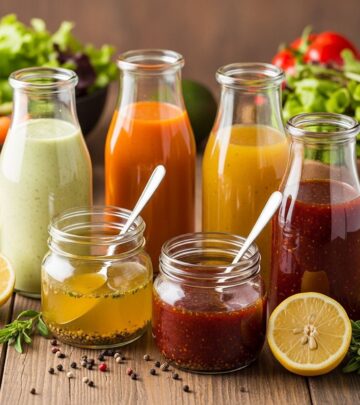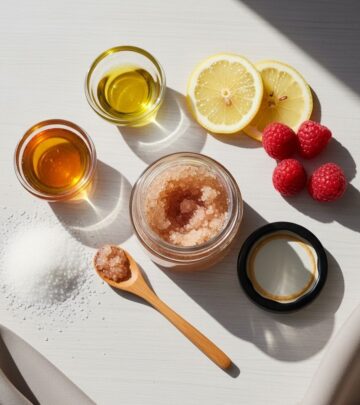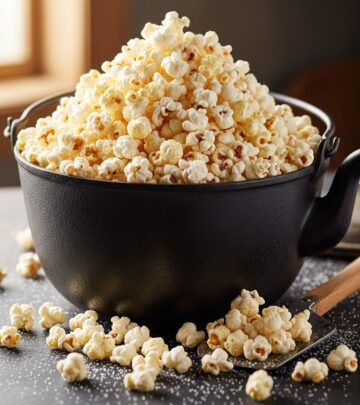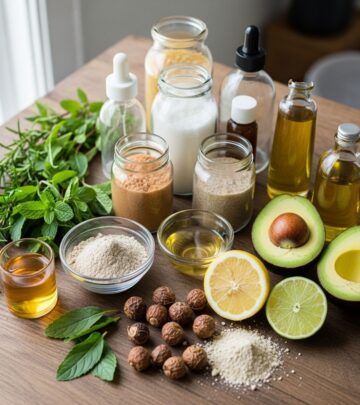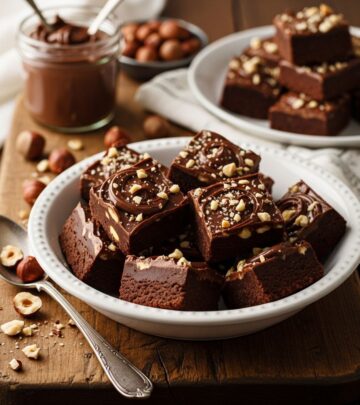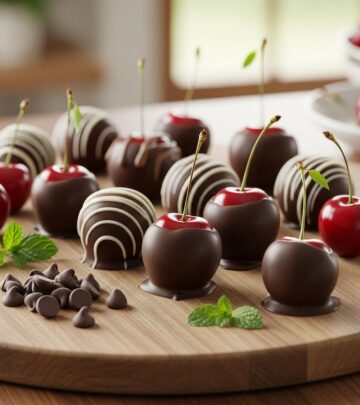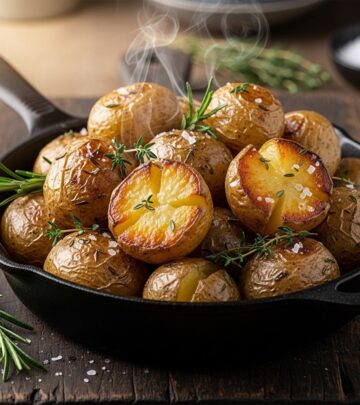The Best Wooden Spoons for Every Kitchen Task
Sustainable hardwood utensils bring ergonomic ease and durability for fuss-free cooking.
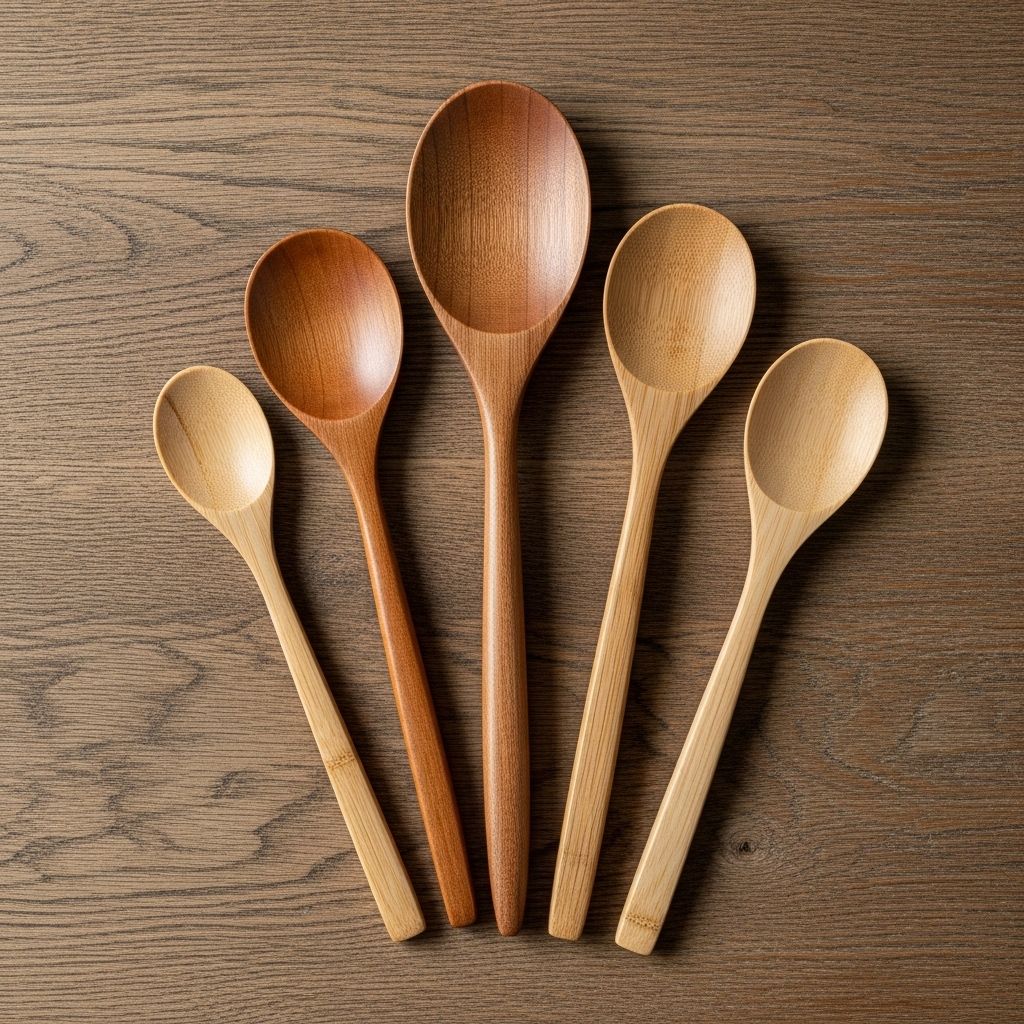
Wooden spoons are one of the oldest, most reliable tools in any kitchen. Whether stirring, mixing, scraping, or serving, their versatility, comfort, and durability set them apart from metal and plastic utensils. This comprehensive guide explores the top wooden spoons recommended for modern kitchens, the qualities that make them unique, how to select the best one, and pro tips for keeping them in perfect shape for years of cooking.
Why Wooden Spoons Deserve a Spot in Every Kitchen
- Versatility: Wooden spoons handle mixing batters, stirring sauces, sautéing vegetables, and more.
- Gentle on Cookware: They won’t scratch nonstick, ceramic, or cast iron surfaces, extending the life of your pots and pans.
- Comfort: Natural wood feels good in the hand and stays cool to the touch, even during prolonged cooking sessions.
- Longevity: With proper care, a high-quality wooden spoon can last for decades.
- Natural & Non-Toxic: Unfinished hardwood spoons contain no plastic or chemical coatings.
How We Chose the Best Wooden Spoons
Our recommendations are based on extensive real-world testing, consultations with expert woodworkers, and the input of professional chefs and home cooks. We focused on spoons crafted from sustainable hardwoods, featuring ergonomic designs, durable construction, and thoughtful functional details. Each spoon was evaluated for stirring, scraping, mixing doughs, and overall comfort in hand.
Top Picks: Best Wooden Spoons for Every Kitchen
| Spoon Name | Best For | Material | Unique Features |
|---|---|---|---|
| Jonathan’s Spoons Spootle® | Mixing & serving | Cherrywood | Curved bowl with flat edge for scraping, extra-long handle |
| Bread Spoon | Mixing doughs | Cherrywood | Sturdy bowl for thick batters |
| Ordinary Spoon | Everyday stirring | Cherrywood | Classic shape, smooth finish |
| Slotted Spoon | Serving & draining | Maple or beech | Slots for liquid drainage |
| Mini Prep Spoon | Small batch tasks | Beech | Petite bowl for sauces and seasonings |
1. Jonathan’s Spoons Spootle®
Best overall for mixing, scraping, and serving
- Crafted from wild Pennsylvania cherrywood
- The unique ‘Spootle’ combines a spoon and spatula
- Excellent for scraping fond off pan bottoms and stirring thick stews
- 12-inch length keeps hands away from heat
- Handmade with meticulous attention to balance and smoothness
2. Bread Spoon
Best for mixing dough and batters
- Wide, sturdy bowl suited for handling thick bread or cake doughs
- Handles exertion without flexing unwantedly
- Long handle to reduce strain on wrists
3. Ordinary Spoon
Classic all-purpose design
- Smooth bowl for effortless stirring and mixing
- Ideal for sautéing, scrambling eggs, or making sauces
- Various lengths available for different pot sizes
4. Slotted Spoons
Serving and draining soups, vegetables, and pasta
- Slots efficiently drain excess liquid
- Solid hardwood construction ensures longevity
- Perfect for serving poached eggs or boiled potatoes
5. Mini Prep Spoons
Small tasks where control is key
- Compact head for seasoning mixes or stirring a sauce
- Great for kids learning to cook!
Choosing the Right Wooden Spoon: What Matters Most
There’s a dizzying array of wooden spoons on the market. To pinpoint the best for your kitchen, consider these critical qualities:
- Wood Type: Hardwoods like cherry, maple, and beech are most durable and resistant to cracking or splintering.
- Shape & Size: Select a bowl shape (round, oval, flat) and handle length suited to your cookware and recipes.
- Finish: Avoid spoons with shiny shellac or heavy lacquer; a smooth, unfinished, or natural oil finish is best for food safety.
- Ergonomics: Comfort matters—look for spoons with gentle curves and well-balanced handles.
- Functionality: A spoon with a slight edge or angled bowl is better for scraping, while deeper bowls suit mixing and serving.
Wooden Spoon Maintenance and Care
The longevity and performance of your wooden spoons depend on consistent care. Here’s how to keep them in flawless condition:
- Handwash Only: Never place wooden utensils in the dishwasher. Instead, wash with mild soap and warm water; dry immediately.
- Avoid Soaking: Prolonged exposure to water or high humidity can cause warping or cracking.
- Oiling: Restore sheen and prevent dryness by rubbing with food-safe oil (such as mineral oil or beeswax) once a month.
- Sanitizing: If deep cleaning is needed, wipe with a mild vinegar solution and rinse well.
- Storage: Store in an open utensil holder to air out, never in a sealed container.
Are Wooden Spoons Safe and Non-Toxic?
Yes—when constructed from solid, untreated hardwood and finished with natural oil, wooden spoons are completely non-toxic and safe for culinary use. Avoid spoons with chemical coatings or paint. Opt for trusted brands that emphasize food safety and sustainability in sourcing their wood.
Advantages of Wooden Over Metal and Plastic Spoons
- Wooden vs. Metal: Wood doesn’t scratch cookware surfaces or conduct heat, reducing the risk of burns.
- Wooden vs. Plastic: Wooden spoons contain no petrochemicals, won’t melt under heat, and lack the potential for microplastic shedding.
- Eco-Friendly: Spoons from sustainable hardwoods are renewable and biodegrade naturally.
How to Spot Quality: What Separates Good Wooden Spoons from the Rest?
- Smooth Grain: Fine-grained hardwood resists splintering and feels comfortable against the skin.
- Seamless Construction: The best spoons are carved from a single piece of wood, with no joints or composite materials.
- Handmade Touch: Handmade spoons often guarantee higher attention to detail in finish and ergonomics.
- Local Sourcing: Spoons made from local or responsibly managed forests minimize environmental impact.
Common Kitchen Tasks and the Ideal Wooden Spoon for Each
| Kitchen Task | Ideal Spoon Type | Key Features |
|---|---|---|
| Stirring sauces | Standard oval wooden spoon | Gently rounded bowl, long handle |
| Scraping fond | Flat-edged Spootle® | Flat edge, sturdy build |
| Mixing doughs | Bread spoon | Thick, reinforced bowl |
| Serving soups | Slotted spoon | Wide bowl, liquid drainage slots |
| Small prepping | Mini spoon | Petite head, short handle |
Frequently Asked Questions (FAQ)
Are wooden spoons better than silicone or metal?
Wooden spoons are gentle on cookware, don’t conduct heat, and—when properly cared for—can last years. Silicone is nonstick-safe but less sturdy for heavy mixing.
How often should I oil my wooden spoons?
Oiling once a month is typically sufficient. If the spoon feels dry, add a coat of food-safe mineral oil or beeswax.
Can wooden spoons go in the dishwasher?
No. The high heat and prolonged moisture of dishwashers will cause wood to split or lose shape.
Is cherrywood better than maple for utensils?
Both cherrywood and maple are excellent. Cherrywood provides slightly more flexibility and a gentler feel, while maple is denser and highly durable.
What should I do if my spoon cracks?
Retire any spoon with deep cracks—these can harbor bacteria. Shallow splits may be sanded and re-oiled, but replacement is safest for food contact.
Do all wooden spoons need to be unfinished?
Not necessarily. Food-safe oil finishes are acceptable, but avoid shiny lacquers or painted surfaces. Unfinished wood offers the purest tactile experience and safety.
Expert Tips for Getting the Most From Your Wooden Spoons
- Dedicate different spoons for savory and sweet cooking if desired, to avoid flavor transfer.
- Rotate through several spoons to extend their usable life and always have a clean one ready.
- Try a wide spoon for sauces and a flat spatula-style for deglazing.
- Keep a mini spoon on hand for tasting or serving condiments.
Where to Find the Best Wooden Spoons
Look for spoons from reputable brands such as Jonathan’s Spoons, often handmade in small batches from eco-friendly sources. Artisan markets and specialty kitchen shops typically offer the best selection. Always read product descriptions and get a feel for the grain, balance, and finish before purchasing.
Conclusion: Why One Wooden Spoon Isn’t Enough
Wooden spoons are indispensable tools—so much so that most professional kitchens stock several types for different tasks. By investing in high-quality, well-designed wooden utensils and caring for them thoughtfully, cooks can enjoy the unique tactile pleasure and everyday utility these humble tools offer for years to come.
Read full bio of medha deb

